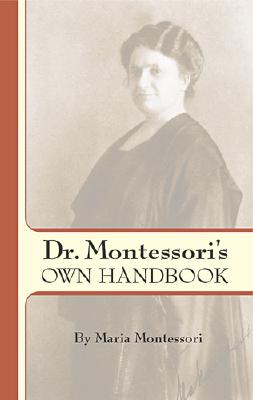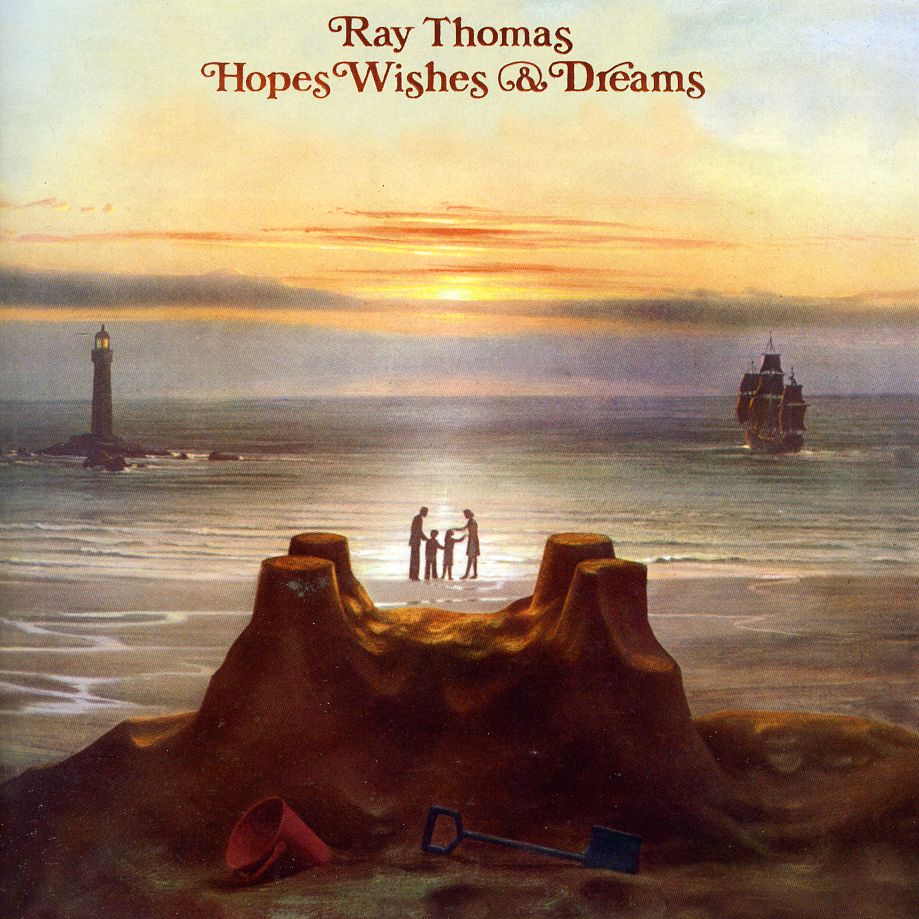
description
8One of the truly great books on early childhood development, Maria Montessori's illustrated guide was written nearly a century ago in response to thousands of requests from American parents and teachers. In it, the noted educator provided copious information on how to use familiar, simple, easy-to-obtain classroom materials to make any home an effective learning environment. It was to be a children's house, where youngsters would be their own masters, and free to learn at their own pace.
Sound cylinders, sandpaper letters, and numerical rods became features of the typical Montessori classroom. Designed to hone the child's visual, auditory, and tactile perceptions, tools such as these enabled the child to experiment and learn through the powers of observation, recognition, judgment, and classification.
An essential teaching aid for parents and educators, this handbook features sections on teaching music, arithmetic and language, and developing sensory and motor skills.
Sound cylinders, sandpaper letters, and numerical rods became features of the typical Montessori classroom. Designed to hone the child's visual, auditory, and tactile perceptions, tools such as these enabled the child to experiment and learn through the powers of observation, recognition, judgment, and classification.
An essential teaching aid for parents and educators, this handbook features sections on teaching music, arithmetic and language, and developing sensory and motor skills.
member goods
No member items were found under this heading.
listens & views

CONCERTO FOR VIOLIN & ORCHESTRA ...
by BEETHOVEN / OISTRACH / OBORIN / RSO / ABENDROTH
COMPACT DISC$9.99
Return Policy
All sales are final
Shipping
No special shipping considerations available.
Shipping fees determined at checkout.






